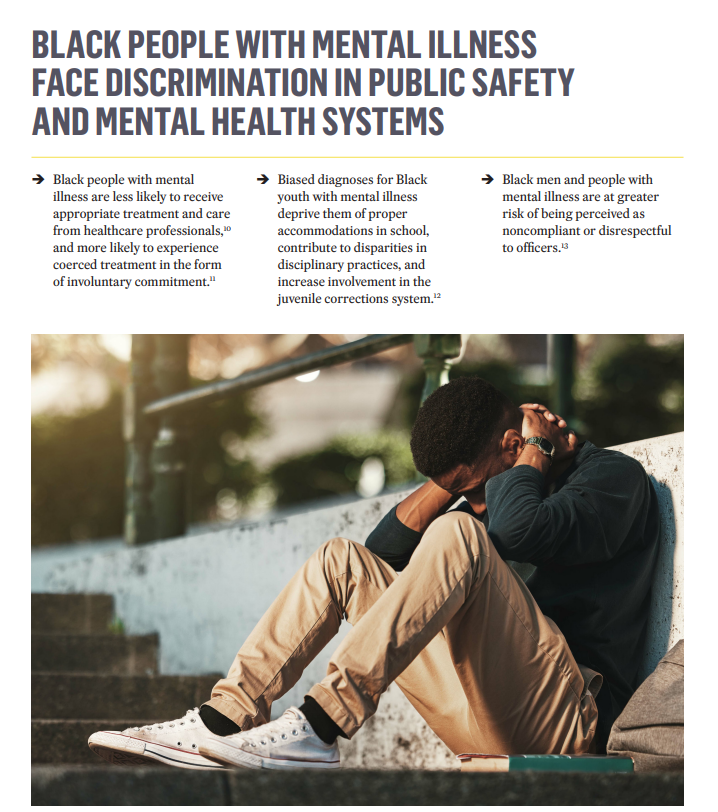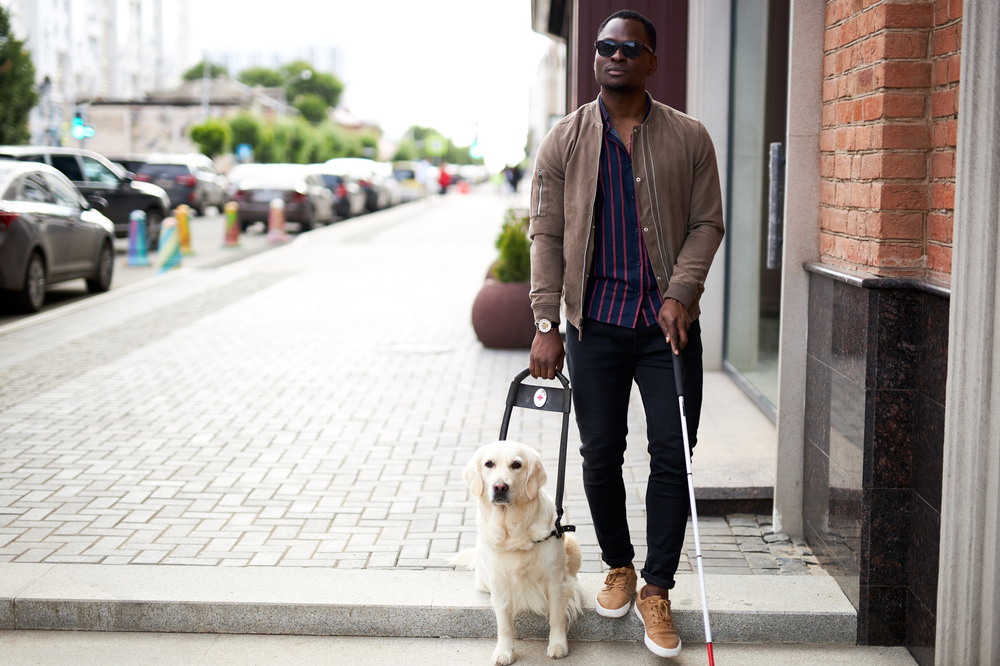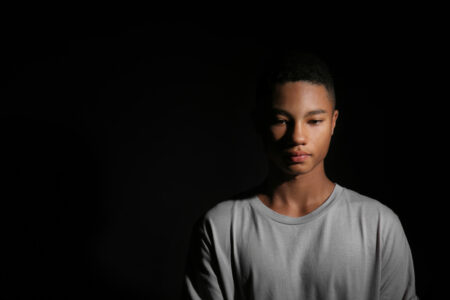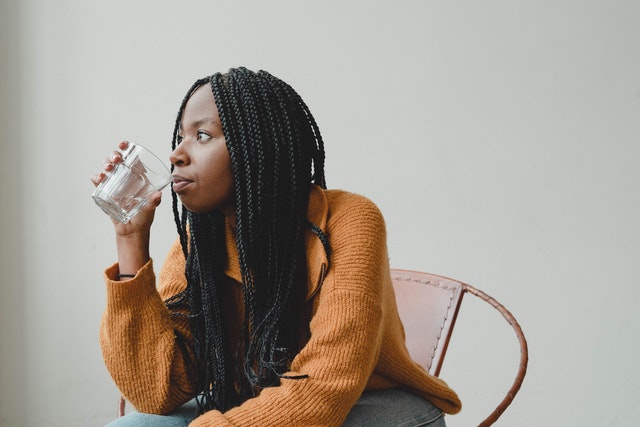The Legal Defense Fund and the Bazelon Center recently announced the release of toolkits created to support advocates and legislators in preventing police violence against Black people with disabilities.
Announced on the last day of Mental Health Awareness Month, the toolkits address the fact that, when emergency services are called upon for people with mental health struggles, police are often the first responders, leading to a failure of protection and often deadly interactions. Through the toolkits, the LDF and Bazelon are working to ensure that staff well-equipped to handle mental health-related calls are part of Emergency Call Centers.
The organization also advocates for preventing future mental health crises and for ensuring that law enforcement call upon a mobile mental health responder when they encounter someone struggling with their mental health. The toolkit further provides guidance on collecting data and increased training for 911, 988 and police staff when a call is made for someone currently undergoing a mental health crisis.
The toolkits were created to develop on the organization’s “Advancing An Alternative to Police: Community-Based Services for Black People with Mental Illness” report.

“All Black people, including those with mental health disabilities, should have access to services that will help them thrive,” said the Manager of the Justice in Public Safety Project at LDF, Puneet Cheema, per a statement. “Until we prioritize investments into resources that prevent police violence, our public safety system will continue to fail Black people with disabilities and place them in danger. We urge states and localities to invest in interventions, programs, and resources that will meet the needs of people in crisis or with disabilities instead of criminalizing them.”
Per the Center for Policing Equity, people with mental health issues are 12 times more likely to be subjected to the use of force by the police, as approximately 10% of all police encounters involve someone with a mental illness.
Since 2015, 21% of all individuals killed by the police in the U.S. have had mental health issues.
Black Americans with mental health issues are more likely to be victims of police force as a result of responses to mental health breakdowns. Victims include 41-year-old Daniel Prude, who was pinned to the pavement for two minutes with a hood over his head after suffering from a mental breakdown due to drug use.
“People with mental health conditions are no more likely than anyone else to act violently, but are far more likely to be injured or killed by police. And because of systemic inequities in health care access as well as rates of police contact, Black people are particularly at risk,” said a spokesperson from the Center for Policing Equity. “As communities expand the use of alternative mental health responses, lawmakers and police can implement policies to prevent the disproportionate harms that police contact causes to people experiencing mental health emergencies.”











